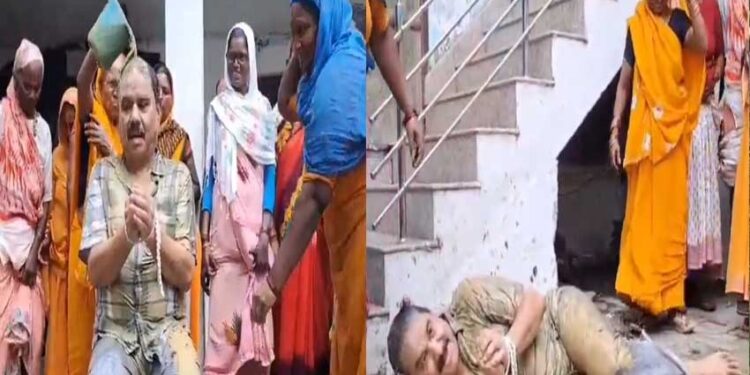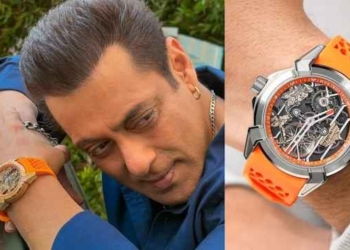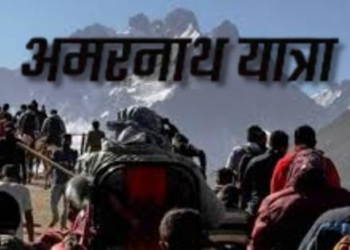Brajlal Biyani (English: Brajlal Biyani, born- 6 December, 1896, Akola, Berar, Maharashtra; died- 27 September, 1968, Madhya Pradesh) was a prominent social and political activist. He was the founder of educational and voluntary organizations. He opposed dowry, child marriage etc. with all his might. Brijlal ji was the President of the State Congress and a member of the State Legislative Assembly and the Central Parliament.
Brijlal Viyani, a prominent social and political activist of Madhya Pradesh, was born on December 6, 1896 in a prosperous business family near Akola in Berar.
Viyani was educated at Mousis College, Nagpur. Through this education, he came in contact with new ideas in place of old family ideas. Viyani ji also had talented people like Pandit Ravi Shankar Shukla, Seth Govind Das, Dwarka Prasad Mishra as his classmates. The result of all this was that he abandoned his school studies and jumped into the non-cooperation movement.
Madhya Pradesh was the main work area of Viyani ji. But his political activities extended to Maharashtra, Rajputana, Gujarat and Delhi. He went to jail four times during the freedom struggle. He was the President of the State Congress and a member of the State Legislative Assembly and the Central Parliament. He also represented his region in the Constituent Assembly. He was the leader of Vidarbha Congress for a long period of 13 years.
Brijlal Viyani participated with full enthusiasm. He opposed dowry, child marriage etc. with all his might. He was the founder of many educational and voluntary organizations. He also founded ‘Maheshwari Sabha’ and Berar Chamber of Commerce. He considered Gandhiji’s ‘Sarvodaya principle’ as the only path to the progress of the nation. He emphasized that change in society can come only by change in human character. He was in favor of the development of small and rural industries. He believed in non-violence propounded by Gandhiji. Therefore he never supported violent actions.
Brijlal Viyani died on September 27, 1968. In the field of social reform, people considered him equivalent to Jamna Lal Bajaj.










